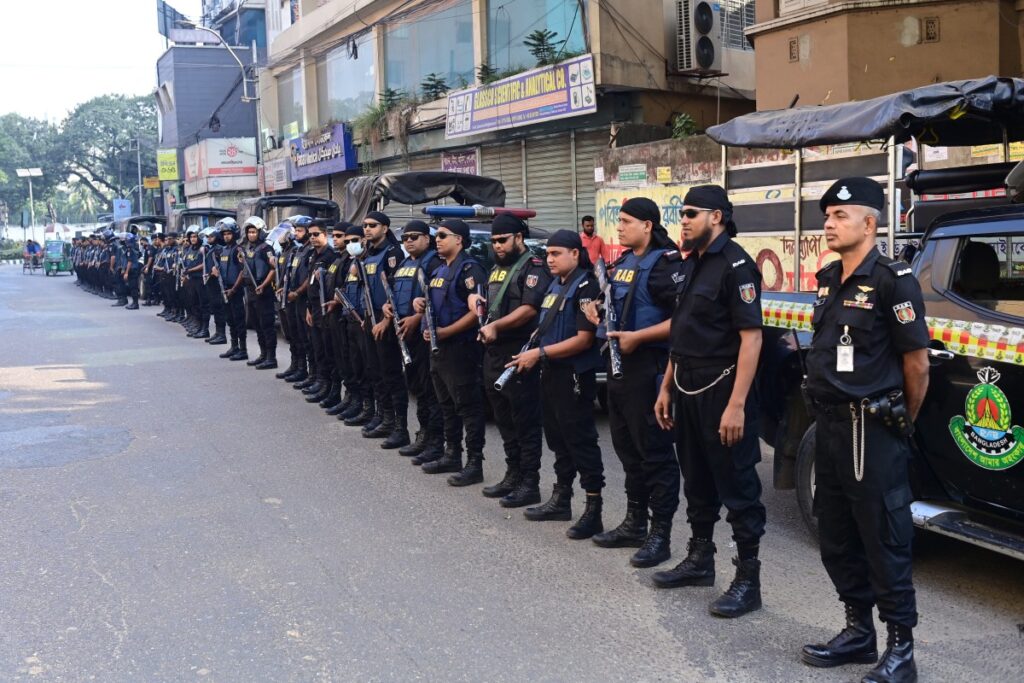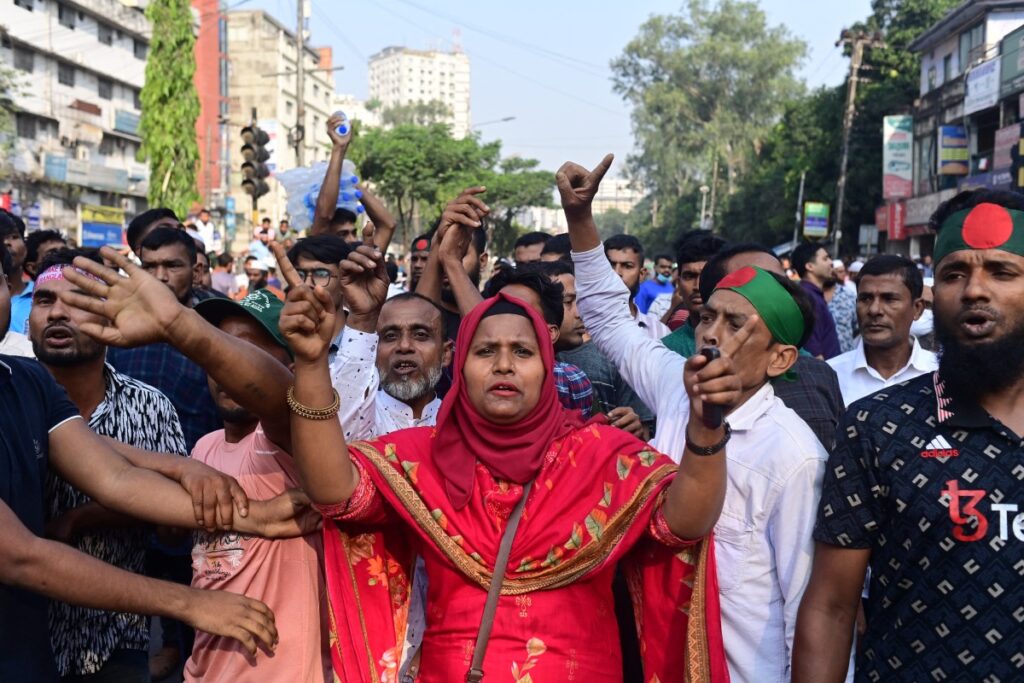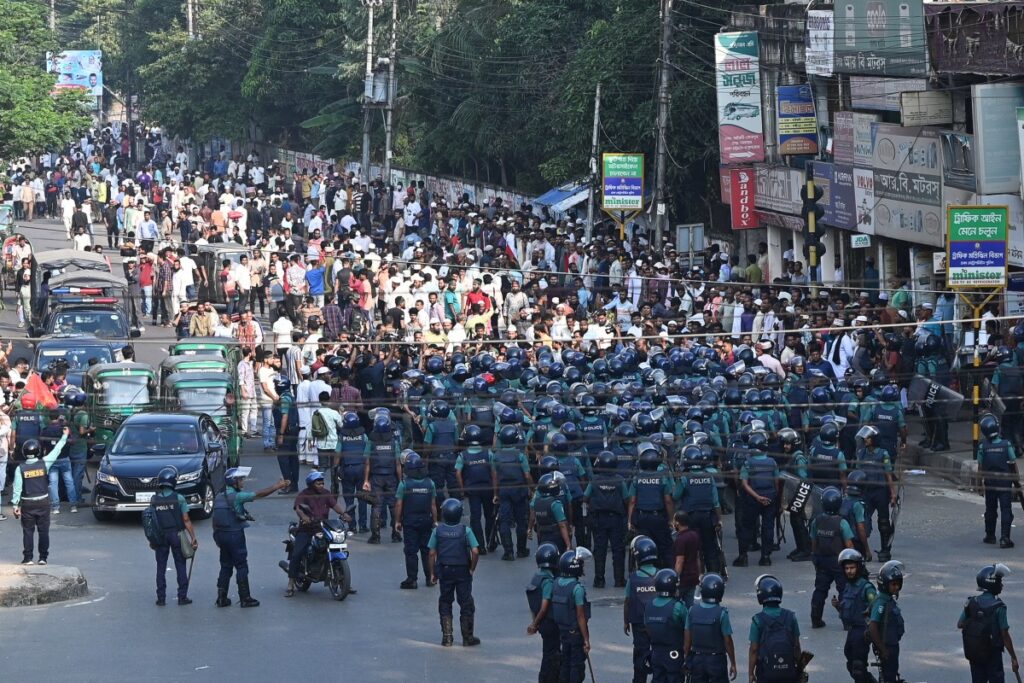More Than 100,000 Protest To Demand Bangladesh PM Step Down
Saturday's rallies by the main opposition Bangladesh Nationalist Party (BNP) and the largest Islamist party, Jamaat-e-Islami, were the biggest so far this year

Over 100,000 supporters of two major Bangladesh opposition parties rallied in the capital Dhaka on Saturday, police said, demanding Prime Minister Sheikh Hasina step down to allow a free and fair vote under a neutral government.
Saturday’s rallies by the main opposition Bangladesh Nationalist Party (BNP) and the largest Islamist party, Jamaat-e-Islami, were the biggest so far this year, AFP journalists on site said, and marked a new phase in their protests with a general election due within three months.

Hasina — daughter of the country’s founding leader — has been in power for 15 years and has overseen rapid economic growth with Bangladesh overtaking neighbouring India in GDP per capita, but inflation has risen and her government is accused of corruption and human rights abuses.
The resurgent opposition has been mounting protests to press their demands for months, despite the BNP’s ailing leader Khaleda Zia, a two-time premier and old foe of Hasina’s, being effectively under house arrest after a conviction on corruption charges.
READ ALSO: Ground Battles Rage In Gaza After Israel Escalates Bombing
Her supporters poured into Dhaka on Saturday, crammed into buses despite checkpoints on the road into the capital, and even rode on top of packed trains.

“Vote thief, vote thief, Sheikh Hasina vote thief,” chanted the crowd at the BNP demonstration in front of the party headquarters.
Student activist Sekandar Badsha, 24, from Chittagong, said: “We demand the immediate resignation of the Hasina government, release of our leader Khaleda Zia and establishing the people’s right to vote.”
At least 10,000 police had been deployed to prevent violence, officials said, but officers clashed with hundreds of protestors in the Kakrail neighbourhood in front of the city’s largest Catholic church, with police firing tear gas and rubber bullets.
“Some police officers were injured,” deputy police commissioner Akterul Islam told AFP.
Dhaka Metropolitan Police spokesman Faruk Hossain said that at least 100,000 people had joined the BNP rally, while up to 25,000 were at the Jamaat protest near the city’s main commercial district.
That event had been banned by police and hundreds of officers in riot gear blocked off a key intersection, but about 3,000 protesters broke through the cordon, an AFP correspondent at the scene saw.
‘Final call’
Police arrested at least 200 BNP supporters near the party headquarters after they were accused of hurling Molotov cocktails, Faruk said, adding at least 600 had been detained over the previous week.
BNP spokesman Zahir Uddin Swapan told AFP that there were more than one million people at its rally, which he described as its “final call” for Hasina to resign, and at least 2,900 of its activists and supporters had been held over the past week.

If Hasina does not step down voluntarily — widely seen as inconceivable — the party has threatened to call more aggressive protests such as strikes and blockades.
Western governments have expressed concern over the political climate in Bangladesh, where Hasina’s ruling Awami League dominates the legislature and runs it virtually as a rubber stamp.
Her security forces are accused of detaining tens of thousands of opposition activists, killing hundreds in extrajudicial encounters and disappearing hundreds of leaders and supporters.
copied.

